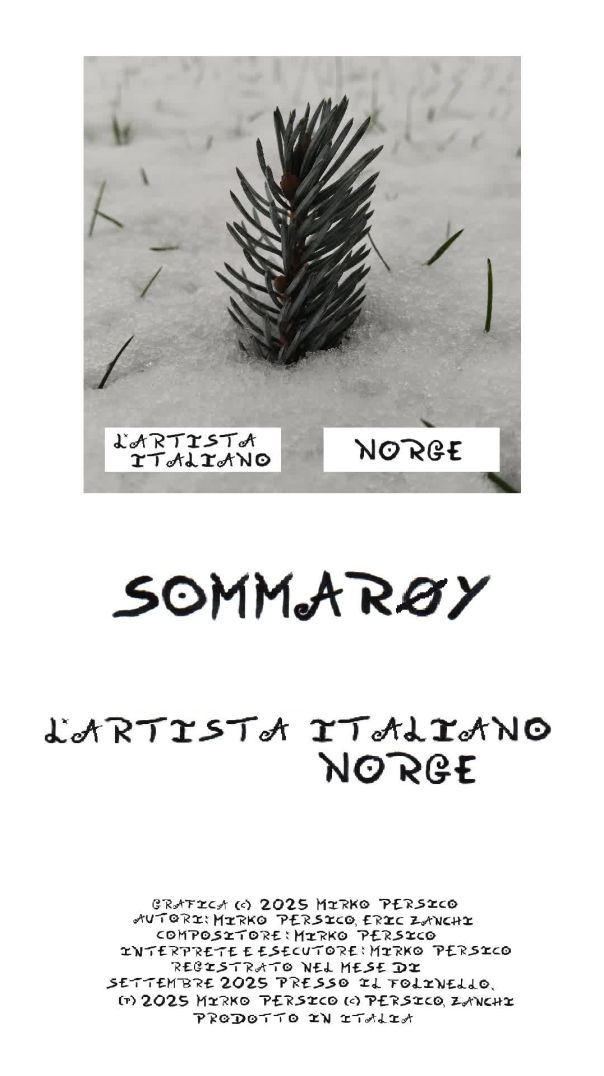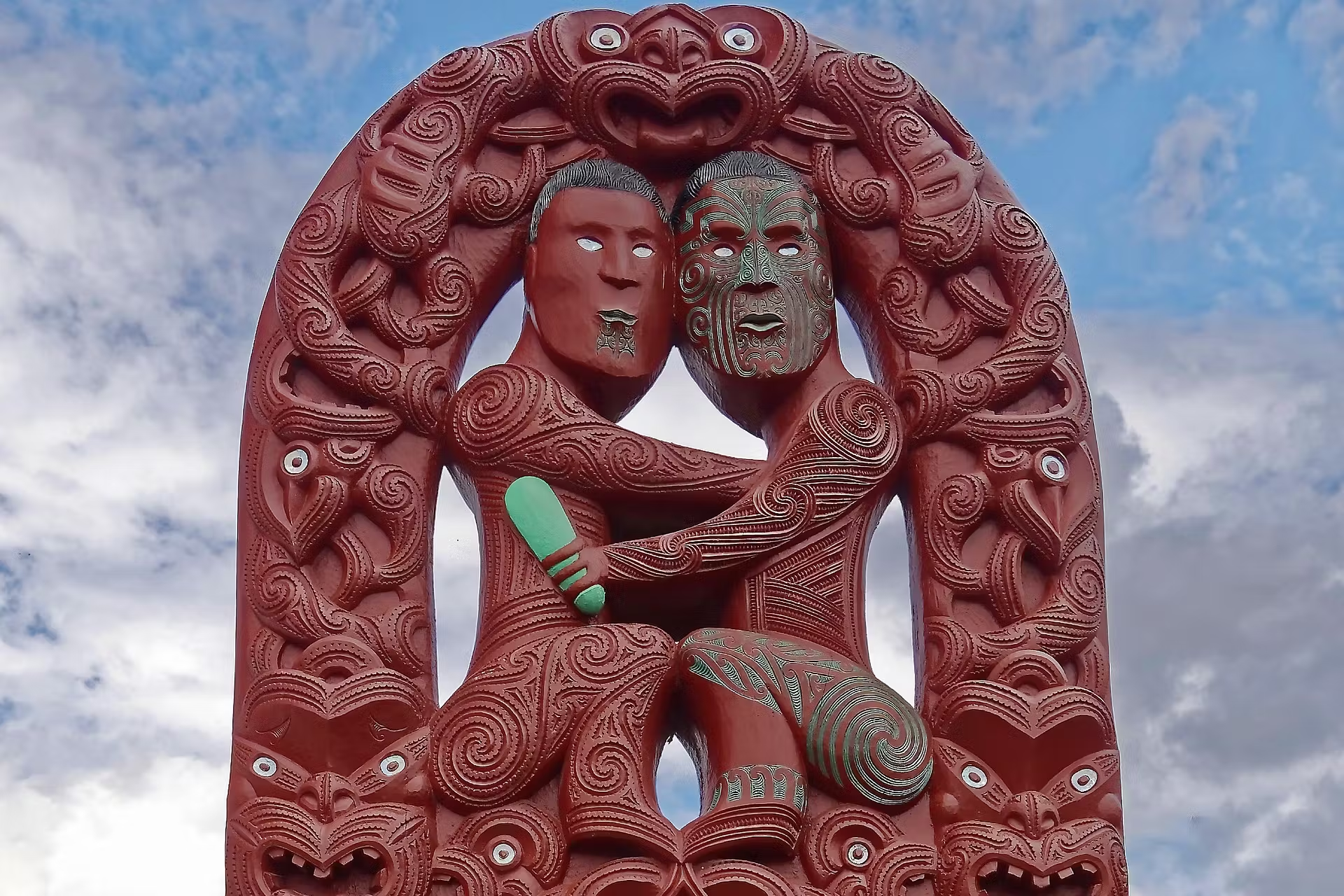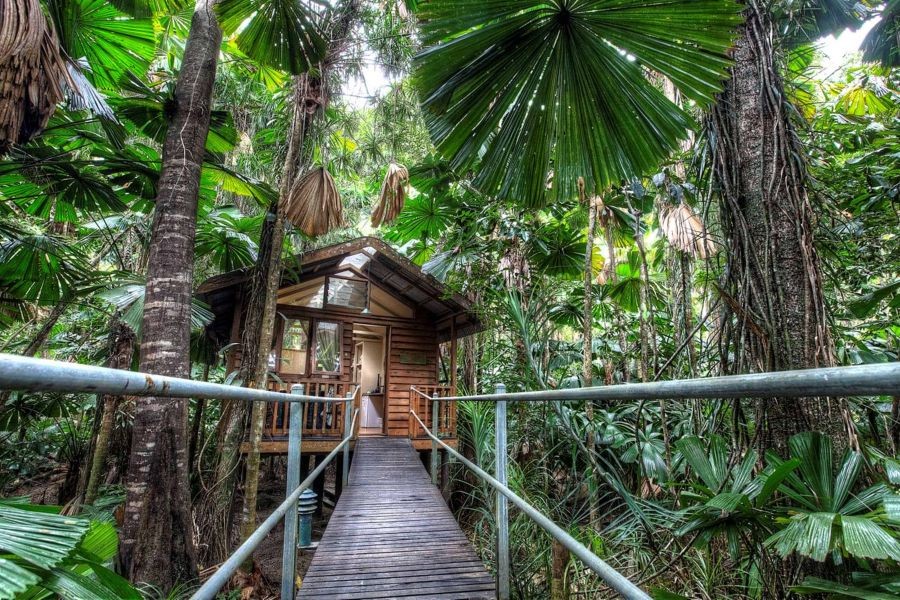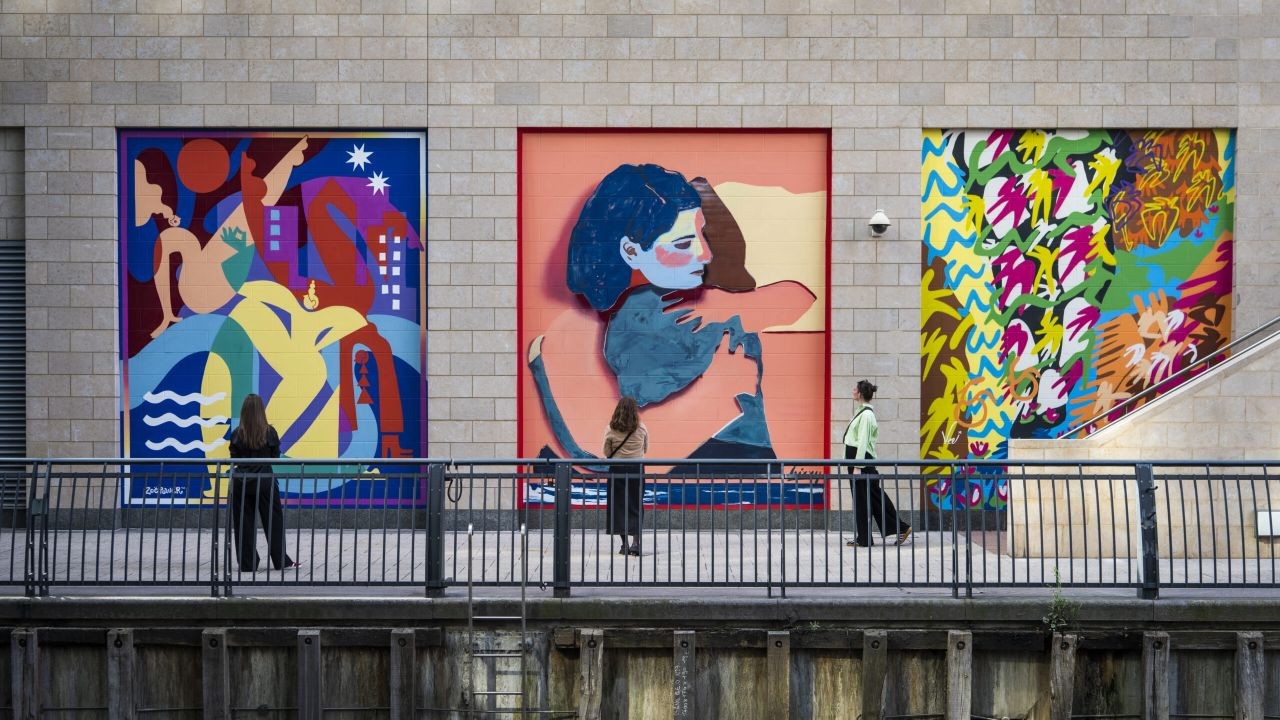In the vibrant tapestry of New Zealand's cultural landscape, the preservation of Māori cultural practices stands as a testament to resilience and authenticity. Yet, in a rapidly evolving modern world, ensuring these practices remain genuine presents a unique set of challenges and opportunities. This article delves into how we can safeguard the authenticity of Māori cultural practices, weaving in insights from New Zealand's economic backdrop and industry trends.
Understanding the Importance of Māori Cultural Practices
Did you know that Māori culture contributes significantly to New Zealand's tourism sector? According to the Ministry of Business, Innovation, and Employment (MBIE), cultural tourism accounted for a substantial portion of the NZD 40.9 billion generated by international visitors in 2019. This highlights the intrinsic value Māori culture holds not only for its people but also for the nation's economy.
However, as globalization and commercialization expand, there is a growing concern about the dilution of traditional practices. The key is to strike a balance between preserving cultural integrity and embracing modern influences.
Pros & Cons of Modernizing Māori Cultural Practices
✅ Pros:
- Economic Growth: Integrating Māori culture into business and tourism has proven lucrative, with Māori enterprises growing by 30% in the last decade (Stats NZ, 2023).
- Increased Awareness: Modern platforms like social media have made Māori cultural practices more accessible, fostering global appreciation.
- Preservation through Innovation: Technology offers tools for documenting and revitalizing endangered practices, ensuring their survival.
❌ Cons:
- Commercial Exploitation: There is a risk of cultural elements being commodified, thus losing their sacredness and meaning.
- Loss of Authenticity: Misinterpretation and inaccurate representation can lead to a distorted understanding of Māori culture.
- Cultural Degradation: Pressure to modernize can sometimes lead to the erosion of traditional values and practices.
Expert Opinions & Thought Leadership
Dr. Rangi Matamua, a renowned Māori astronomer, emphasizes the need for a collaborative approach in preserving Māori culture. "It's about integration, not assimilation," he states, advocating for community-led initiatives that empower Māori voices in decision-making processes.
Moreover, industry leaders like Air New Zealand have successfully incorporated Māori culture into their brand ethos, illustrating how businesses can support cultural preservation while driving economic growth. Their in-flight safety videos, which feature Māori legends and imagery, not only enhance the travel experience but also educate and respect Māori traditions.
Case Study: Te Whare Wānanga o Awanuiārangi
Problem: Te Whare Wānanga o Awanuiārangi, a Māori tertiary education provider, faced challenges in maintaining the authenticity of cultural teachings amidst growing student numbers.
Action: The institution implemented a unique curriculum that blended traditional Māori knowledge with contemporary education methods. They collaborated with kaumātua (elders) to ensure teachings remained true to cultural roots.
Result: Enrolments increased by 25% over three years, and student satisfaction scores improved significantly. The institution became a model for others seeking to balance tradition with modern education.
Takeaway: This case underscores the importance of involving cultural custodians in educational reforms, ensuring that authenticity remains at the forefront.
Common Myths & Mistakes
Myth: "Māori culture is static and unchanging." Reality: Māori culture is dynamic, continuously evolving while staying rooted in tradition. It's this adaptability that has allowed it to thrive.
Myth: "Commercialization always harms cultural authenticity." Reality: When done respectfully, commercialization can promote cultural practices, as seen with Māori-led businesses like Kono, which successfully export culturally significant products globally.
Future Trends & Predictions
By 2030, it is predicted that Māori cultural tourism will become a cornerstone of New Zealand's sustainable tourism strategy, driven by a growing global demand for authentic cultural experiences. According to Deloitte's 2024 report, integrating digital storytelling and AR/VR technologies will play a pivotal role in enhancing these experiences while preserving cultural integrity.
Final Takeaways
- Fact: Māori culture is a vital part of New Zealand's identity and economy.
- Strategy: Businesses should engage with Māori communities to foster authentic cultural representation.
- Mistake to Avoid: Avoid superficial adoption of cultural elements without understanding their significance.
- Pro Tip: Leverage technology to document and share Māori cultural stories, ensuring they reach a global audience.
Ensuring that Māori cultural practices remain authentic in a modern world necessitates a nuanced approach, balancing respect for tradition with the opportunities of modernity. We invite you to share your thoughts—what steps can businesses and communities take to preserve authenticity while embracing change?
People Also Ask (FAQ)
- How does Māori culture impact New Zealand's economy? Māori culture significantly boosts tourism, contributing to NZD 40.9 billion annually, per MBIE.
- What are common misconceptions about Māori cultural practices? Many believe Māori culture is static; however, it is dynamic and adaptable.
- How can businesses support Māori culture? Engage with Māori communities and incorporate authentic cultural elements into business practices.
- What future trends will impact Māori cultural preservation? The integration of AR/VR technology will enhance cultural tourism experiences by 2030.
- Who benefits from Māori cultural preservation? Cultural authenticity benefits Māori communities, New Zealand's tourism sector, and global cultural enthusiasts.
Related Search Queries
- Authenticity of Māori cultural practices
- Māori culture and New Zealand economy
- Preserving Māori traditions in modern times
- Impact of tourism on Māori culture in NZ
- Māori cultural practices in education
































raphaeldaws32
9 months ago